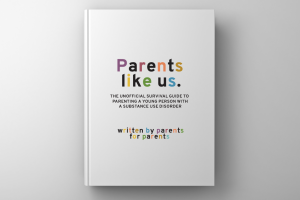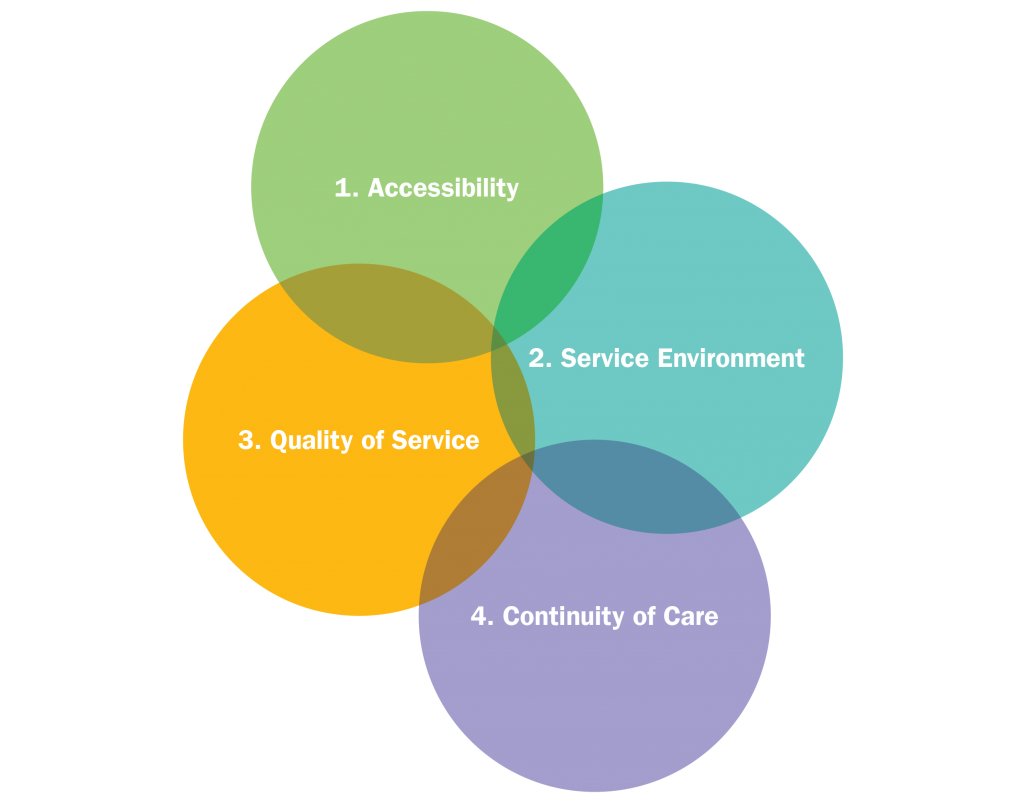“Step by step – A youth informed guide to OAT” is an animated, short, lived-experience video series about real youth’s everyday experience with opioid agonist treatment (OAT) as part of a treatment program. The animated series showcases podcasts hosts, Sam and Sasha, as they interview youth experts from Kelowna and Vancouver to explore what OAT was like for them, how OAT can help in treating opioid use disorder (OUD), common side effects to expect, and ultimately, what else besides OAT medications helped each of them in their journey to wellness. The videos hope to demystify and destigmatize OAT by providing authentic and relatable information for those seeking treatment for opioid use and to increase confidence for youth considering or starting OAT.
The series features 4 short episodes:
“You’re worth it”: Defines what OAT is and its potential life-saving benefit within the context of the drug toxicity emergency.
“The Daily Routine”: Provides descriptions of the different types of medications available for youth in British Columbia. Youth describe what being on OAT looks like in day-to-day life.
“Side Effects”: Explains common side effects youth experienced while on OAT.
“The Big Picture”: Explores the idea that OAT is only one tool that supports one’s wellness journey, and everyone’s treatment pathway is different. Youth share what other elements helped them while on OAT, including staying connected through support groups, friends, and peers.
It’s important to note that access to OAT highly depends on what’s available to you in your community. Please check out this resource listing below which includes youth services available for youth in Vancouver and Kelowna to access OAT or to learn more. It also includes provincial and national resources and links for service providers and families.
In addition to the videos above, a one-page infographic has also been developed to complement the series. It provides information on each OAT option available in BC, including its route of administration and pros and cons for each.
Click the boxes to access the following links:
For more information about the ITT project, contact:



